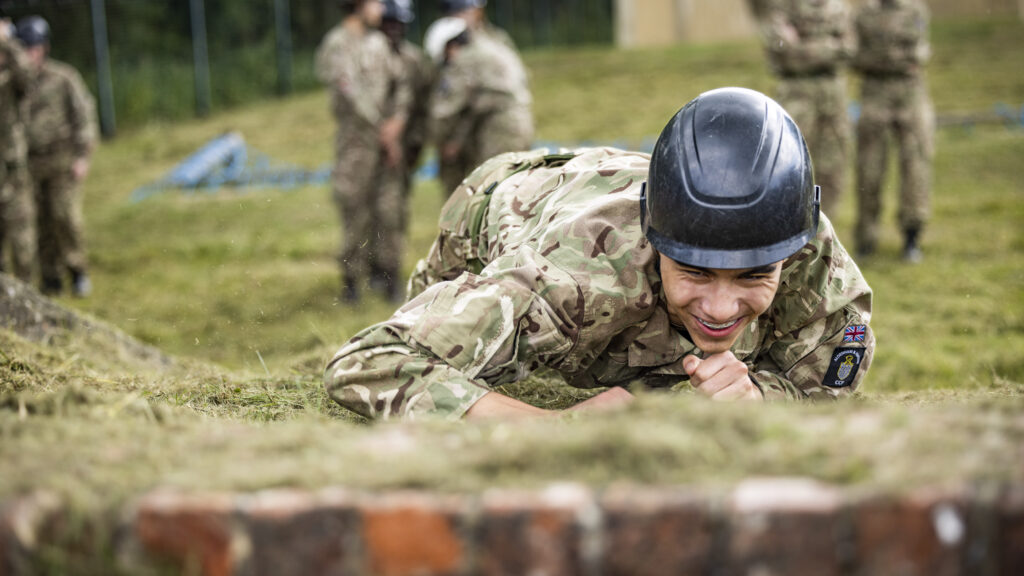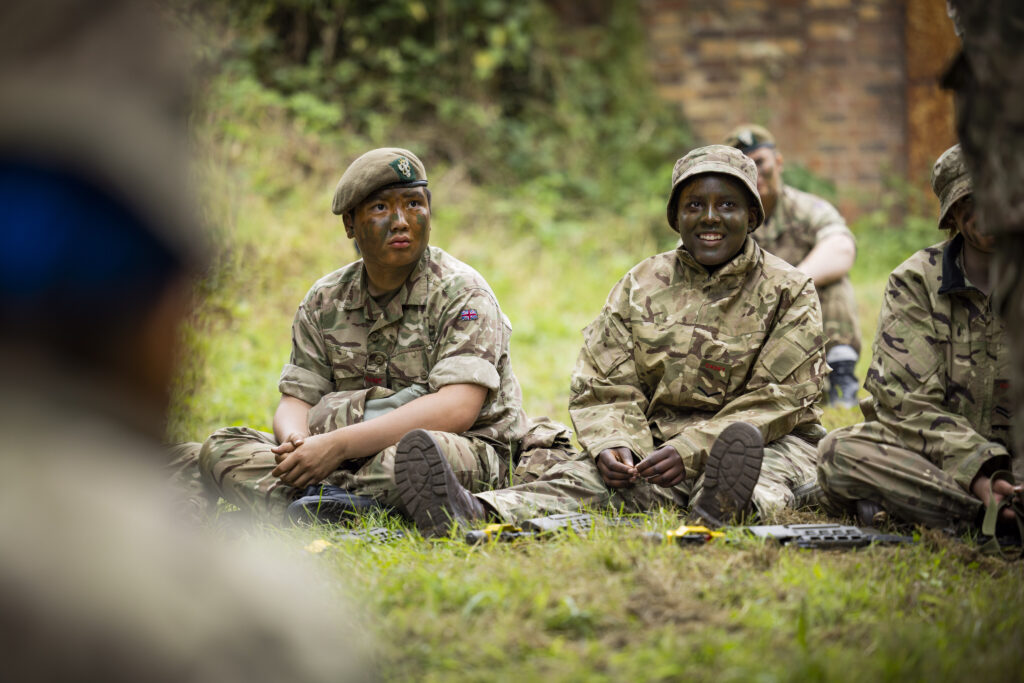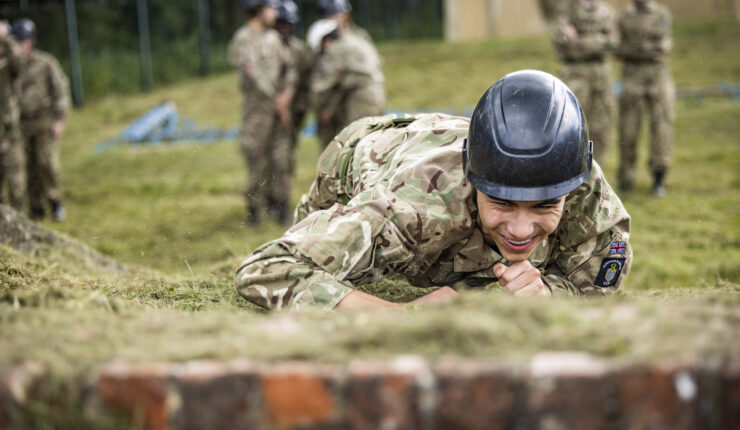New Report Highlights Transformative Impact of Cadet Life for Young People Across the UK
6 May 2025

6 May 2025

A landmark report from the Institute for Social Innovation and Impact at the University of Northampton highlights the far-reaching benefits of being a cadet. The report focuses on the impact of cadet life on school-based cadet forces. However, these findings resonate powerfully for cadets across the UK.
The research was commissioned by the Ministry of Defence and the Combined Cadet Force Association. It reveals that cadet programmes are a proven engine for personal growth, resilience, and community spirit.
“Participation in the many exciting, challenging and fun activities provided by Cadet Forces in schools can help develop self-confidence, teamwork, leadership and resilience in young people. All these attributes can only serve to help prepare young people for the many challenges that they face now and in their future, thereby setting them up to succeed”
The Impact and Value of School-Based Cadet Forces in the UK
The report’s findings are unequivocal: cadet units enrich school life and the lives of young people. Cadets benefit from a strong sense of belonging and community. School leaders noted that “CCF contingents were instrumental in creating a sense of community and belonging for students”. This sense of connection extends beyond the school gates. Cadet units regularly participate in community events such as Remembrance Parades. This fosters civic pride and cohesion.
Wellbeing is at the heart of the cadet experience. The report found that “the CCF contingents provide routine and standards for all cadets, promoting mental health and wellbeing. The data gathered revealed positive changes in cadets’ wellbeing. The most positive impacts were in relation to feeling closer to others, feeling useful and making up one’s own mind”.
Resilience, too, is a hallmark of cadet life. Head teachers and cadet leaders described the “very positive impact on pupil resilience” that comes from facing challenges and working as a team.
“The camps, expeditions and adventure training… have been found to produce physical, psychological and social benefits in young people, increasing their resilience, self-esteem and reducing incidence of depression.”

Cadet programmes open doors. Cadets gain skills and qualifications that set them apart in the world of work and further education. Skills and qualifications such as:
The report highlights that these all “place cadets in a good position when applying for employment or further education”.
The benefits ripple outwards. Schools with cadet units report improved attendance and reduced exclusions. They also noted stronger relationships between staff and students. “The CCF creates positive relationships in schools, with positive comments associated with maintaining eye contact with adults, responsible attitudes and being supportive,” the report notes.
As the number of cadet units in state schools continues to grow, especially in disadvantaged areas, the message is clear… The cadet experience is a force for good, equipping young people with the skills, confidence, and values they need to thrive.
Another extensive four-year study (2016-2020) by the University of Northampton into UK Cadet Forces highlighted the positive impacts on young peoples’ development, adult volunteers and wider society. Find out more here.

Read The Impact and Value of School-Based Cadet Forces in the UK Research, Commissioned by the Ministry of Defence and the Combined Cadet Force Association
Download